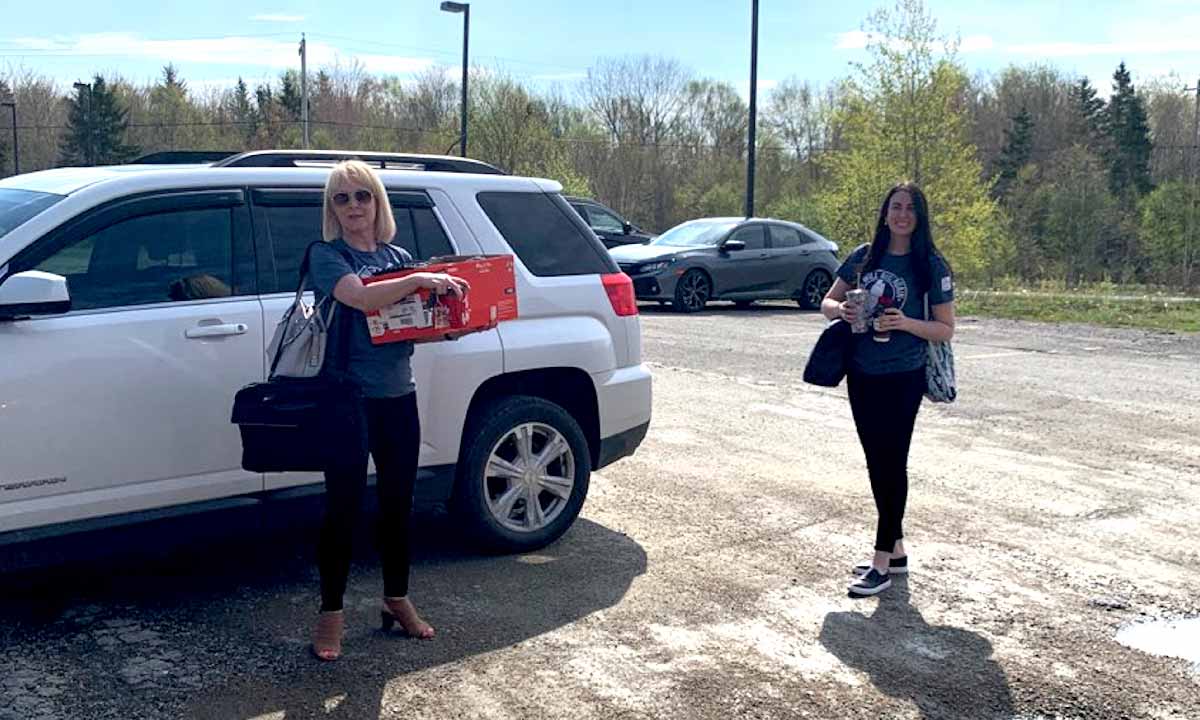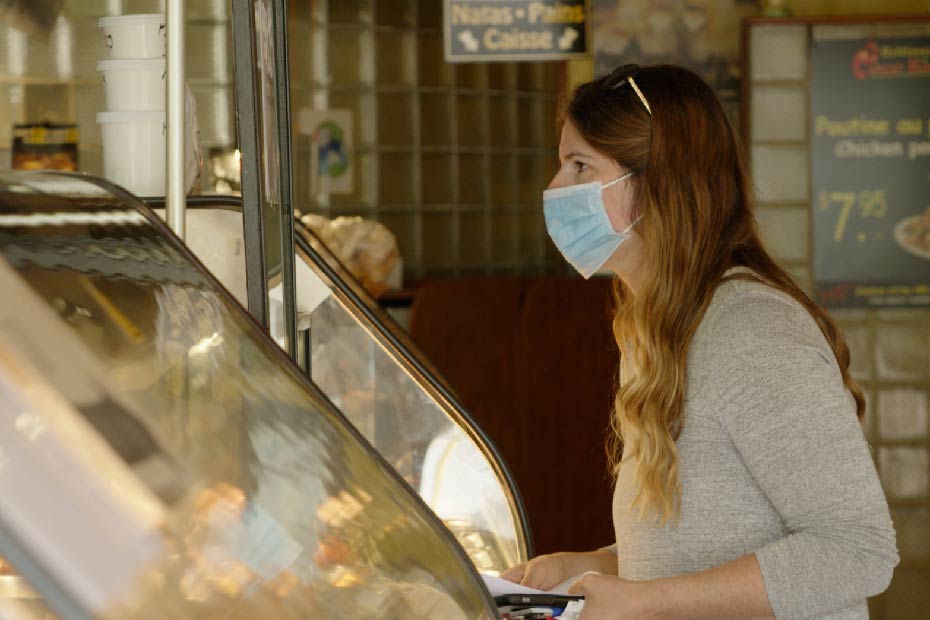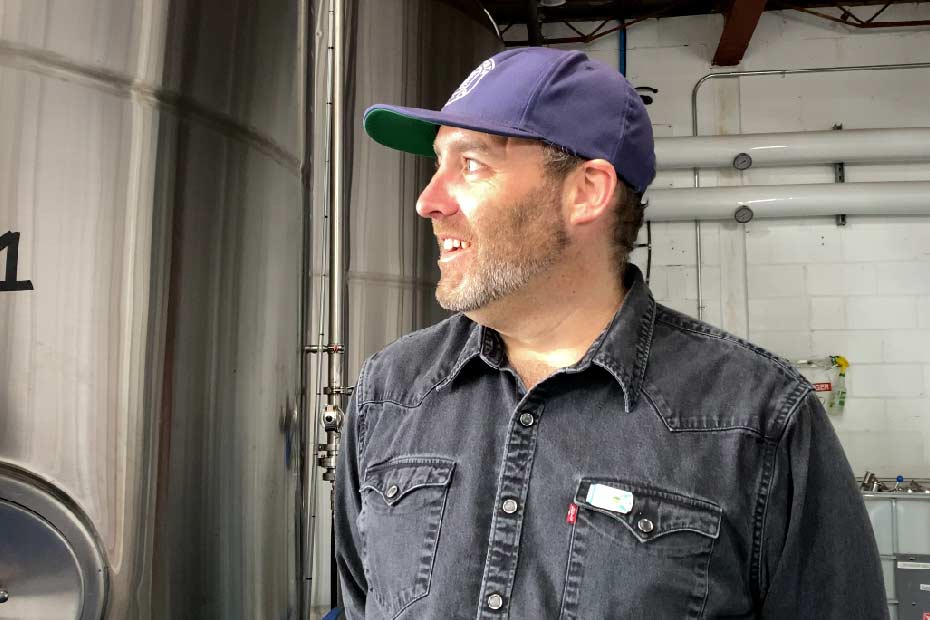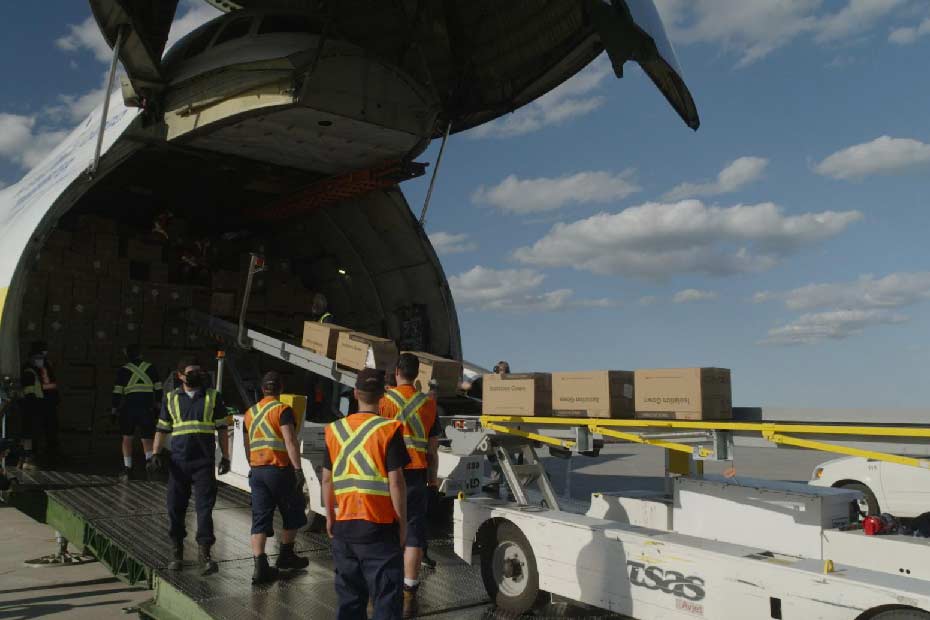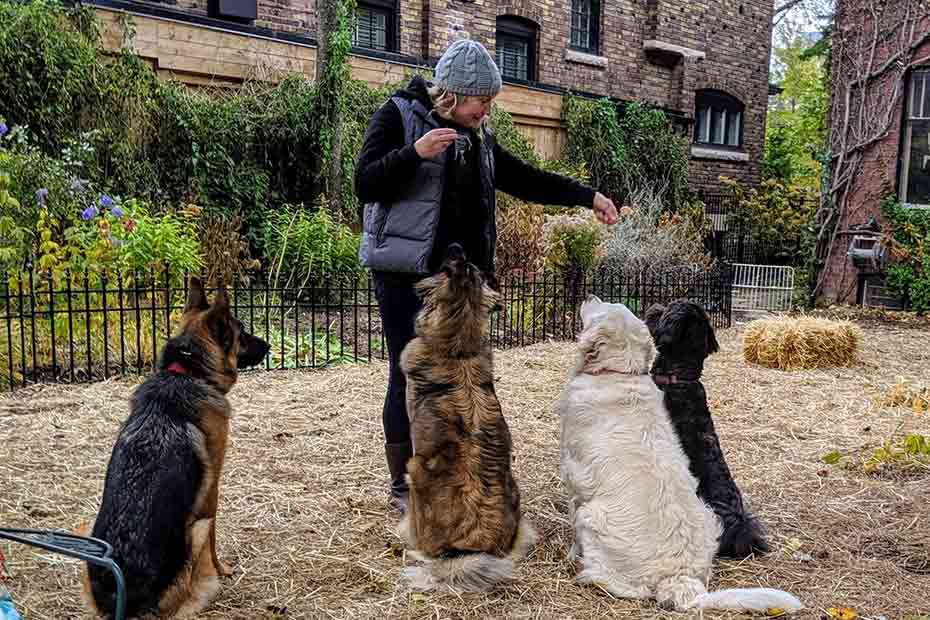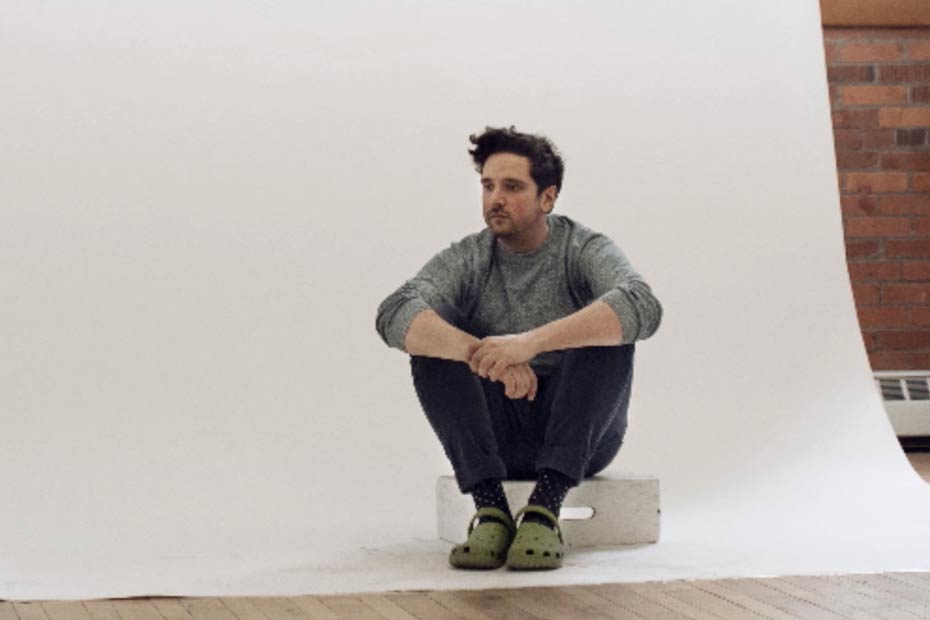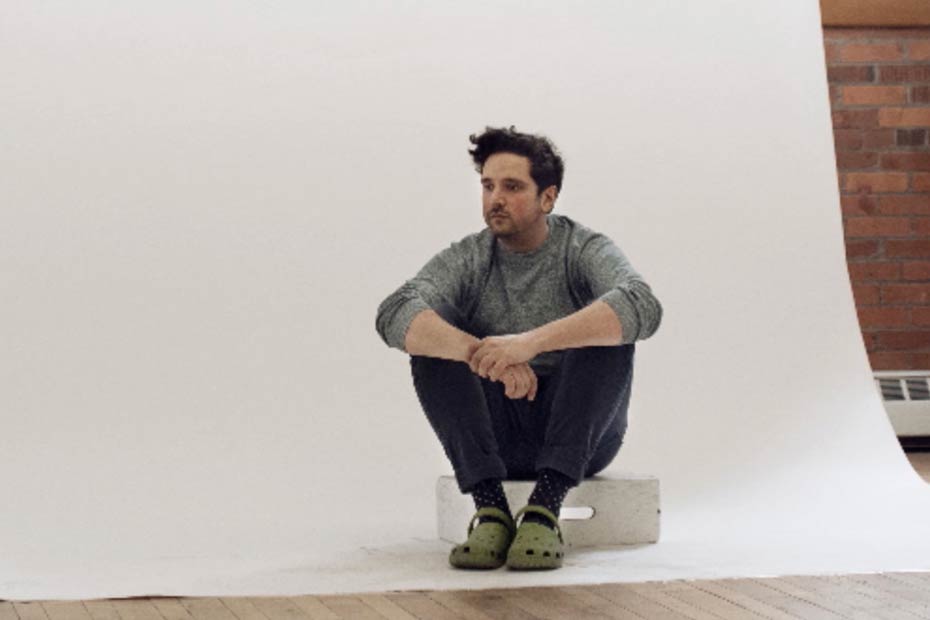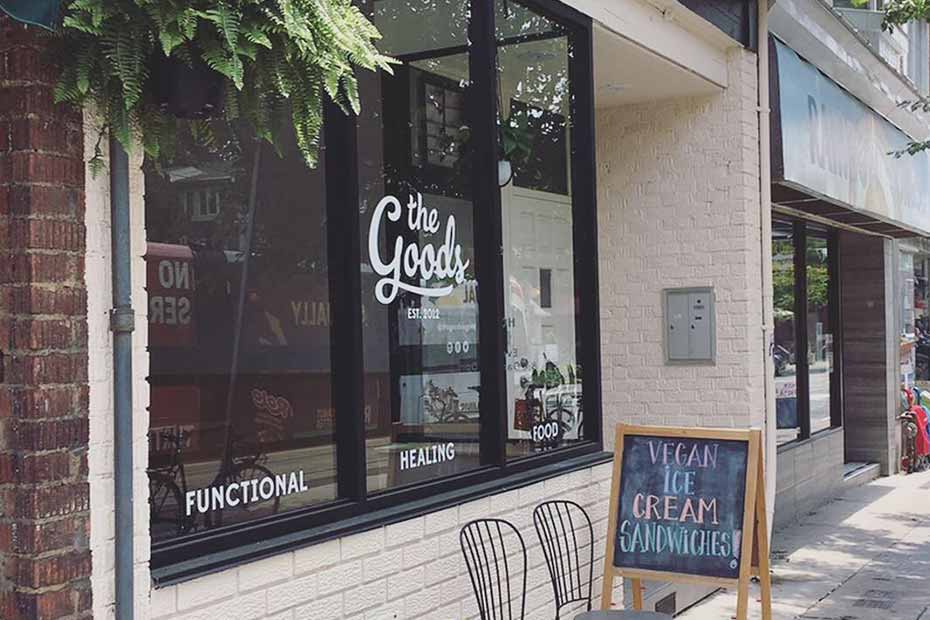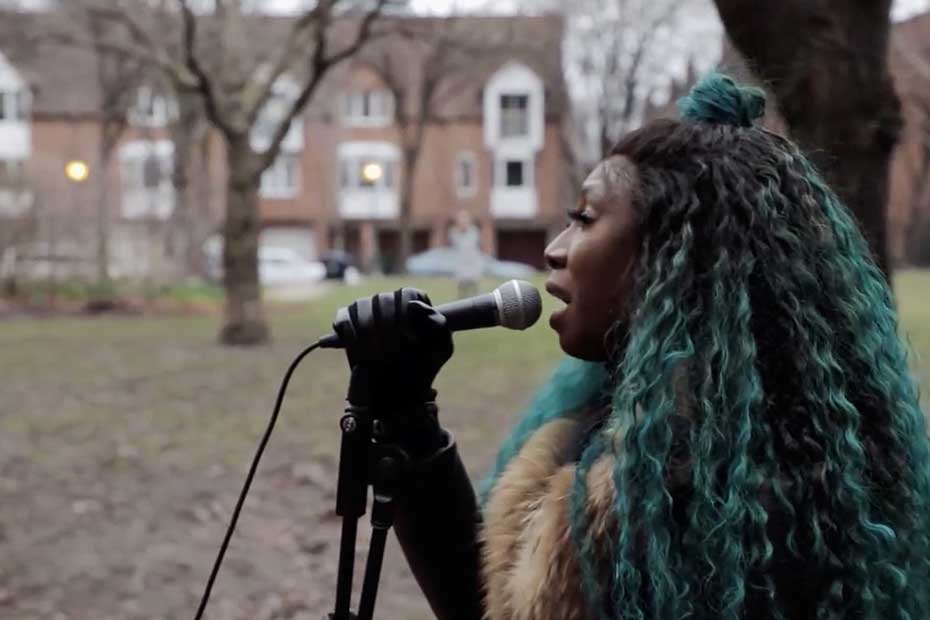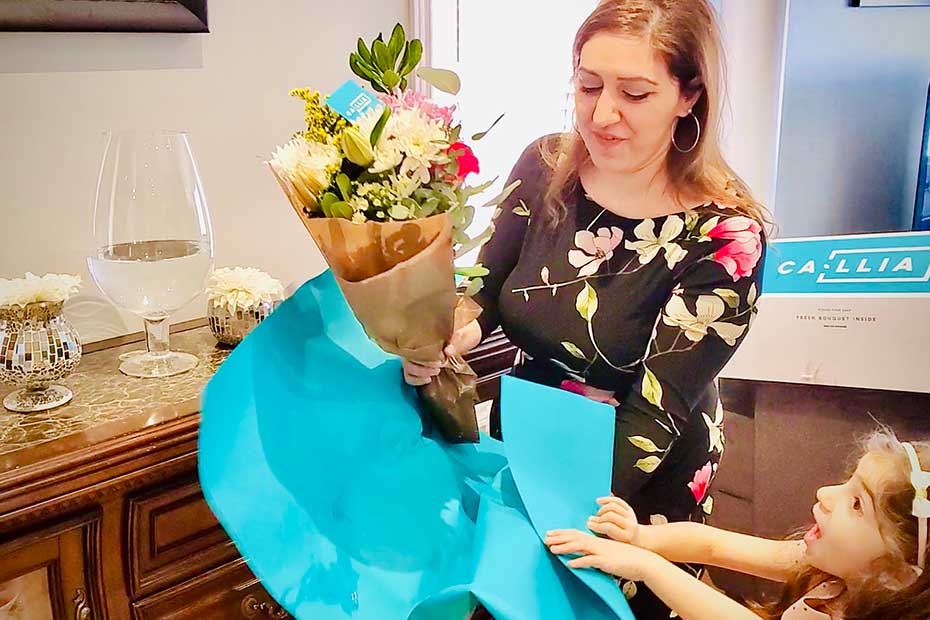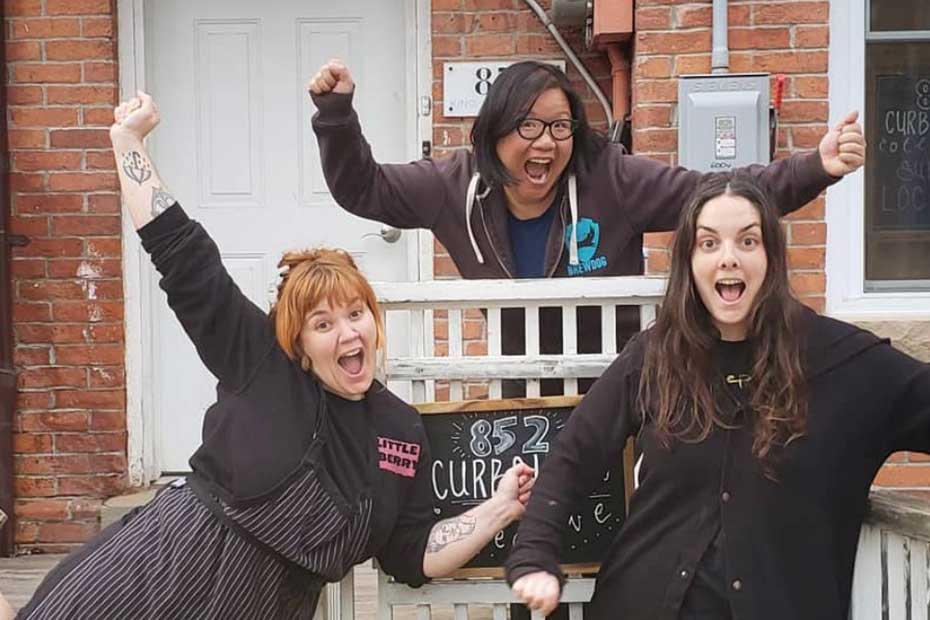The Eskasoni Mi’Kmaw nation is the largest Mi’kmaq community in the world, with 4,700 members. Located on Cape Breton Island, Nova Scotia, Esaskoni is forty-five minutes from Sydney – the closest city. When the province implemented lockdown measures, Eskasoni leaders decided to close the reserve on both ends to limit traffic and keep the virus out. Given the large population living within a relatively small geographic area, the biggest worry was that should the virus get in, it would spread quickly and put the vulnerable at risk.
While some services are available on reserve, there is no bank on site – and residents feared that they wouldn’t be able to pay bills or cash cheques, given the safety protocols that limited travel in and out of the community.
That’s when Tracy Menge sprang into action. As Director of Community and Economic Development at Eskasoni First Nation, Menge recognized the need for banking support. While she reached out to a few financial institutions, RBC responded quickly to figure out how they could help.
Menge connected with Shawn Moore, the RBC Community Manager for the Cape Breton market. Together, they devised a plan. If Eskasoni people couldn’t go to the bank, the bank would come to them.
“The number one concern was how to pay their bills,” explains Moore. Residents were used to paying bills at the store where their bill was owed, or in-person at the branch – and with those options gone, they became worried about losing services.
Also, many residents had never had a bank account, yet had begun to receive cheques as a result of the Residential School Settlement Agreement. “Once we knew these cheques were coming into the community through the mail, it became a concern,” says Menge. “We didn’t want elderly people cashing them at grocery or convenience stores, or having large amounts of cash or a cheque in their home. It’s one of the reasons we approached RBC.”
Menge and Moore worked together to set up a remote RBC branch on the reserve – where strict sanitization and distancing measures were enforced for the safety of both the community and RBC staff. During 15-minute sessions, RBC advisors opened bank accounts for residents, set them up with online and mobile banking, and showed them how to pay bills, transfer money, and deposit cheques – all from the safety of their homes.
While one banking visit was planned initially, appointments filled up quickly and RBC went back three more times to serve the remote community and keep them connected to their money.
“It was a lot of work, but it was worthwhile,” says Menge. “RBC brought the bank to us, because we couldn’t go to them.”
More from the #RandomActsofCanadian Series:
This article is intended as general information only and is not to be relied upon as constituting legal, financial or other professional advice. A professional advisor should be consulted regarding your specific situation. Information presented is believed to be factual and up-to-date but we do not guarantee its accuracy and it should not be regarded as a complete analysis of the subjects discussed. All expressions of opinion reflect the judgment of the authors as of the date of publication and are subject to change. No endorsement of any third parties or their advice, opinions, information, products or services is expressly given or implied by Royal Bank of Canada or any of its affiliates.








